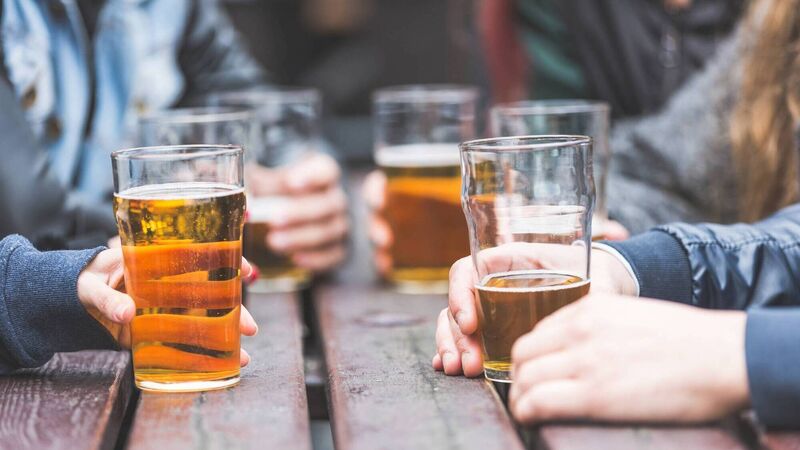Alcohol industry body offering teachers training about drinking despite health department advice

Regarding Drinkaware's activity in schools, Paula Leonard of Alcohol Forum Ireland said: 'We wouldn’t let the tobacco industry in the door of our schools to teach our children how to smoke sensibly.' Stock picture
Secondary school teachers are being offered training in how to lead classroom lessons about alcohol by Drinkaware Ireland, an organisation that is funded by the alcohol industry, distilleries, and breweries.
Addiction experts and advocates say that Drinkaware is working with schools against the advice of the HSE and the Department of Health.













